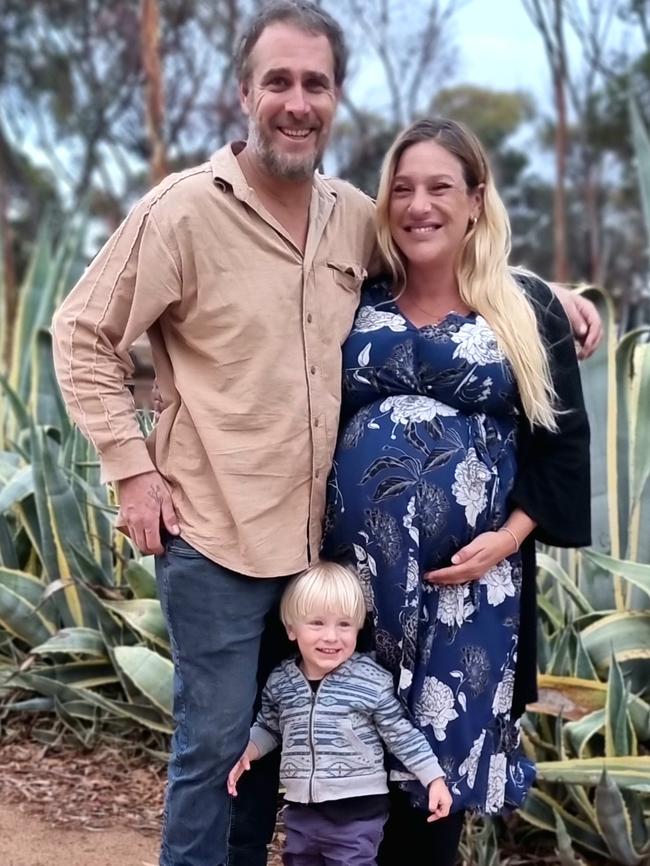Lack of childcare ‘killing towns’
Heather Sherwell has rung every childcare centre in her region and can only find one day of care in Horsham – an hour’s drive from home. Now her family might be forced to relocate to Melbourne.
Beulah’s Heather Sherwell is raising her two young children in Victoria’s southern Mallee while on maternity leave from her job in business development.
But if the childcare in nearby Hopetoun cannot find educational staff by her return to work, she is “screwed”, and the family may even have to relocate to Melbourne.
Ms Sherwell said she has rung every centre in her region and can only find one day of care for her children in Horsham, an hour’s drive from home.
“We’re essentially killing small towns,” said Ms Sherwell, whose husband works as a farmhand at a nearby property.
“We’ve got to choose between does one of us stop working, does a farm lose an essential worker, … or whether we just have to pack up and forget about everything we’ve built.”

Ms Sherwell’s story is among those that have prompted a rural coalition of farming bodies to unite in Canberra on Tuesday and call for stronger government action to improve childhood education and care access in regional and rural Australia.
The coalition includes the National Farmers’ Federation, GrainGrowers, the Northern Territory Cattlemen’s Association, the Regional Australia Institute, the United Workers Union and the National Rural Health Alliance, with calls for the government to:
Implement strongpublic managementof the early childhood education system;
Offer a range of supply-side subsidies for early childhood education providers in rural and remote areas;
Invest in Aboriginal and Torres Strait Islander community-controlled integrated early years services;
Implement a regional, rural and remote national workforce strategy; and
Improve family day care and in-home provision.
The Parenthood campaign director Maddy Butler said the absence of childcare in regional and rural areas affected not only families but their communities and was “killing towns”.
“This means local businesses and essential services can’t find workers,” Ms Butler said.
GrainGrowers chief executive Shona Gawel said children were “our most precious asset”.
“They’re our next generation of farmers. And if government doesn’t take action, our grower families are going to be disadvantaged,” Ms Gawel said.
GrainGrowers has advocated for rural childhood education support in regional areas, with the industry body currently working on a number of potential programs for rural early childhood education.
“It’s not an area we’re traditionally focused on, so to see us getting things started, with more people getting on board, is heartening.”





